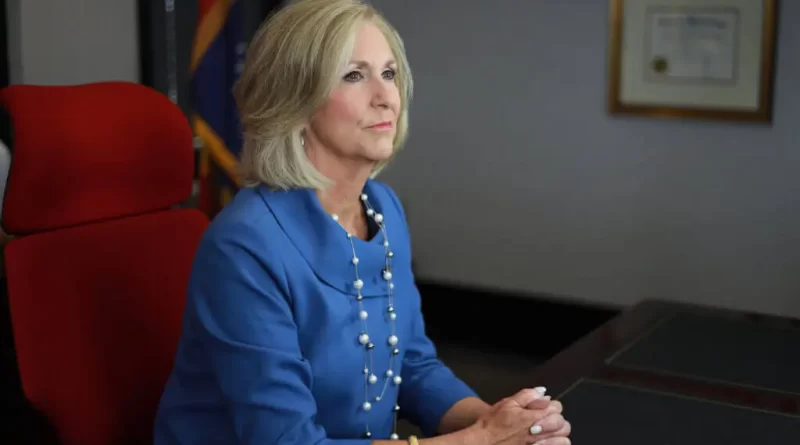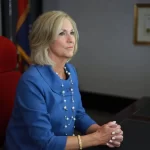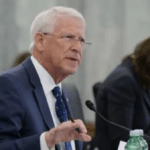Settlement reached with Publicis over role in opioid epidemic
Attorney General Lynn Fitch announced a $350-million national settlement with Publicis Health to resolve investigations into the global marketing and communications firm’s role in the prescription opioid crisis. Mississippi will receive $2.9 million from the settlement.
“Since 1999, opioids have stolen the lives of one million people. These are loved mothers and fathers, sons and daughters, brothers and sisters, friends and neighbors,” said l Fitch. “Today’s settlement is an important step in holding companies accountable for their role in the decimation of these lives, families and communities. In this crisis, we must work together to empower, educate, and support so we can prevent more senseless deaths and end this deadly epidemic once and for all.”
As part of the terms of the settlement, Publicis will disclose on a public website thousands of internal documents detailing its work for opioid companies like Purdue Pharma and will stop accepting client work related to opioid-based Schedule II or other Schedule II narcotics.
Today’s filings in the Chancery Court of Hinds County – First Judicial District and in courts across the nation describe how Publicis’ work contributed to the crisis by helping Purdue Pharma and other opioid manufacturers market and sell opioids. Court documents detail how Publicis acted as Purdue’s agency of record for all its branded opioid drugs, including OxyContin, even developing sales tactics that relied on farming data from recordings of personal health-related in-office conversations between patients and providers. The company was instrumental in Purdue’s decision to market OxyContin to providers on patient’s electronic health records.
According to the Mississippi Prescription Monitoring Program, administered by the Board of Pharmacy, in 2022, 78.4% of the 358 suspected overdose deaths reported to the Mississippi Bureau of Narcotics were opioid-related. These deaths—and the impact on thousands who have struggled with opioid addiction—have created considerable costs for our health care, child welfare, and criminal justice systems. More significant than the dollars in damage to our state, opioid addiction, substance use, and overdose deaths has torn families apart, damaged relationships, and devastated communities.
The filing is the latest action Fitch has taken to combat the opioid crisis and to hold accountable those responsible for creating and fueling the crisis. She is also bringing her One Pill Can Kill initiative to Alcorn State University, where she will deliver 1,000 Fentanyl Harm Prevention Kits to the campus, and train more than 100 students on proper use of naloxone (often known by its brand name, Narcan) and fentanyl test strips.





